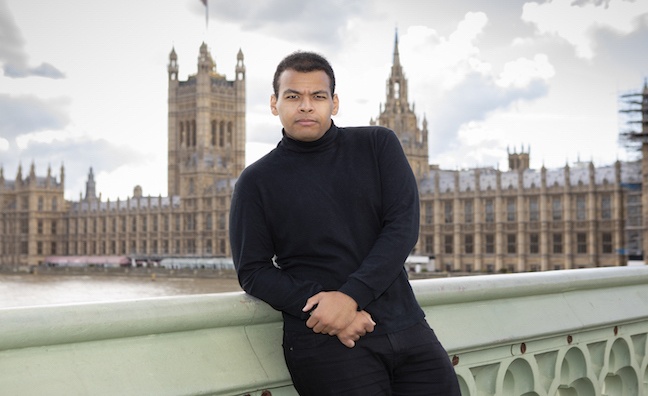The UK Music Music By Numbers report always provides a snapshot of the state of the industry. But this year’s report – due to be issued in full tomorrow – is more like a sepia-tinted photo of a bygone age.
The latest figures will depict an industry that was growing exponentially – but, crucially, they cover a period before the coronavirus pandemic wreaked havoc upon many sectors.
One of those sectors is music tourism. Music Week exclusively revealed the latest stats for the sector in this week’s issue, which showed the number of domestic and international music tourists rose 13% on 2018, to 12.6 million. They spent £4.7 billion, up 6% year-on-year, while 45,633 jobs were sustained by music tourism, slightly up on 2018’s 45,530.
“It really makes the argument that the music industry is a key national asset,” said UK Music CEO Jamie Njoku-Goodwin, speaking exclusively to Music Week in his first interview since starting the role last month. “Look at the economic benefit the music industry brings; the social, mental health and educational benefits; look at the soft power it brings to the UK. There are huge benefits that our music industry brings to brand UK and this year’s report really underlines that. It was a growing industry before this pandemic.”
There are huge benefits that our music industry brings to brand UK
Jamie Njoku-Goodwin, UK Music
With most international and much domestic travel impossible since March, a huge chunk of that music tourism income is likely to have disappeared by the time next year’s report rolls around. But Njoku-Goodwin said he was confident much of the money would return when and if things get back to normal, with a possible coronavirus vaccine increasing optimism across the sector.
“The thing we have in our favour is that there’s a demand for this stuff that I don’t think will go away,” he said. “If you think in terms of what music means to the public, post-pandemic we’ve got a real opportunity to get the music industry back to where it was.
“There are lots of sectors across the economy that are facing a huge demand problem; this pandemic has had a disruptive impact on lots of things and there will be lots of sectors that are not able to function the way they did before,” he added. “The really optimistic thing about the music industry is, post-pandemic there should be a bright future for us. But the real challenge is to make sure that we protect the infrastructure we’ve got at the moment – and I don’t just mean the physical infrastructure, I mean the talent and the people – so we can get back on our feet again.”
Last year’s Music By Numbers report showed that music in general made a contribution of £5.2 billion to the UK economy, and Njoku-Goodwin confirmed that 2019’s numbers will be up on that.
Prior to joining UK Music, Njoku-Goodwin was working as a special advisor to health secretary Matt Hancock and the new chief executive said he was confident the government was backing the industry, despite outcries about a perceived lack of support.
“With the right support and investment, the music industry can be the success story of the 2020s,” he said. “We’ve got the capacity, the talent and the infrastructure to do that.”
* See this week’s edition of Music Week, available now, for the full, exclusive interview, or click here. To subscribe to Music Week and never miss a vital music biz story, click here.









